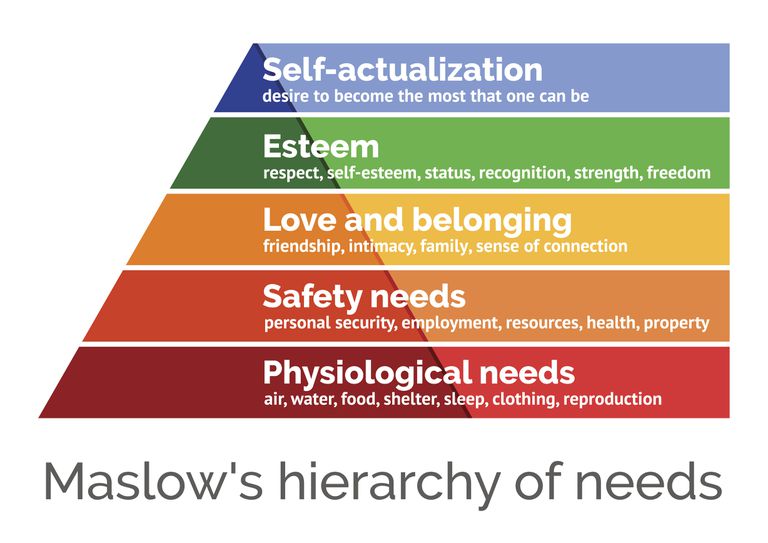- Mar 17, 2015
- 17,340
- 9,285
- Country
- United States
- Gender
- Male
- Faith
- Christian
- Marital Status
- Married
Both because he being the rightful owner of the land means she has to decide whether to ignore him(bad) or comply with the fact that he was there first, which the documents prove, and move off(good).
My overall question is whether or not objective facts brought to our attention may inform our moral decision making, meaning we can potentially base our morals on objective facts(objective morality). I understand there may be more to morality than mere objective facts, but at least a good starting point?
Sure, sometimes we have to go against the objective fact of the law of the land (not typically, in fact rarely) in order to do what is clearly morally right.
Easy example: the law of the land requires Jews to turn in all jewelry :
The essential robbery of Jews became legal when Jews were forced on February 21, 1939, to turn in all jewelry of any value.[21]
Anti-Jewish legislation in pre-war Nazi Germany - Wikipedia
And a Jew in hiding you know comes to you and asks you to keep a family keepsake diamond to give to their child that has been successfully removed to America, that you keep the jewel and give it to that child later in time.
So, the person is asking you to help them break the 1939 law there in Germany.
If you do what is morally right, you help them break the law.
Upvote
0


